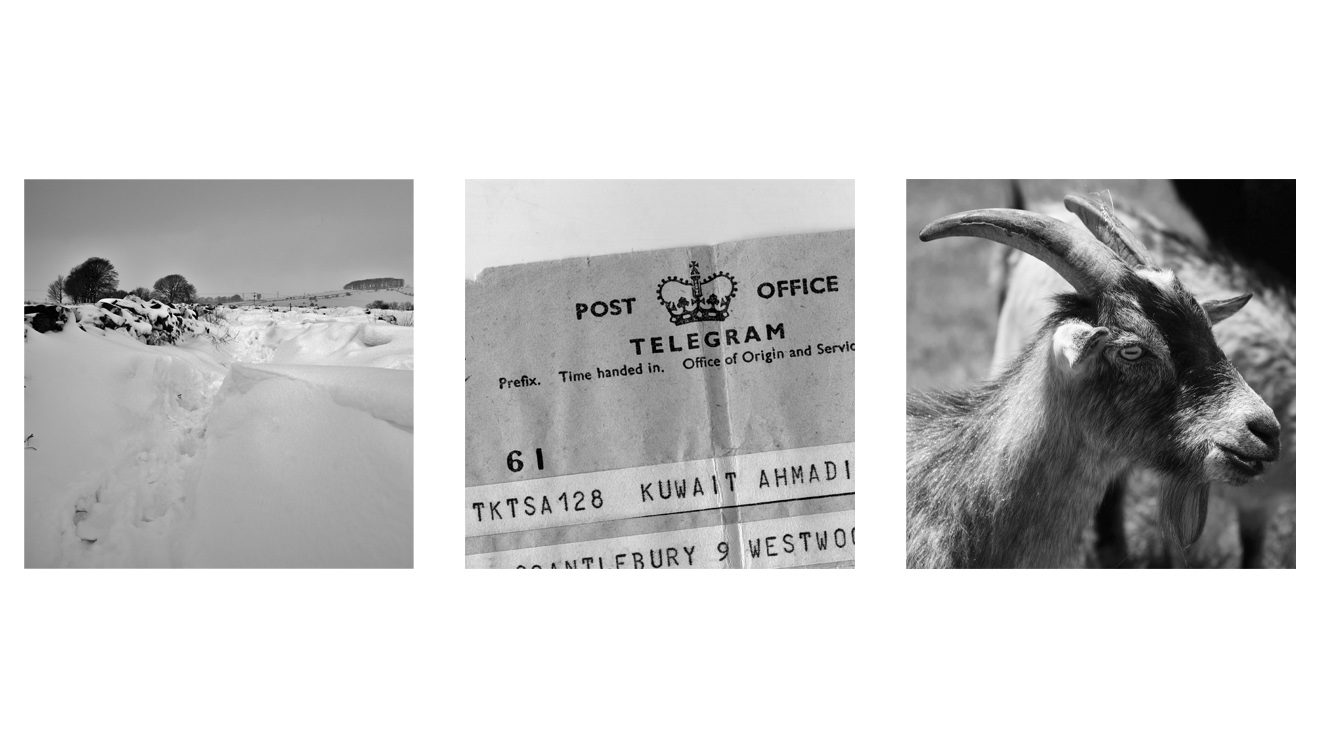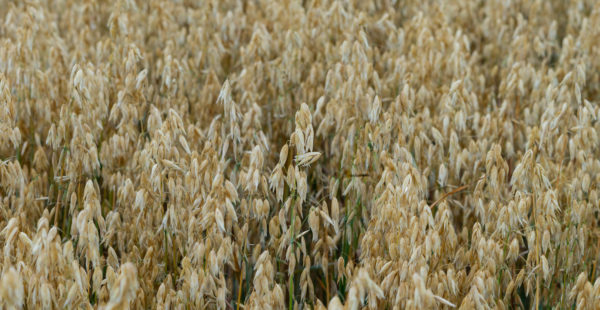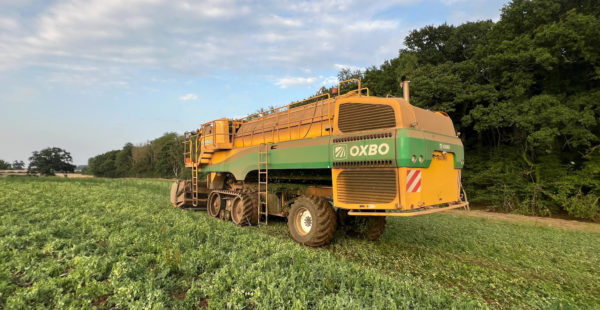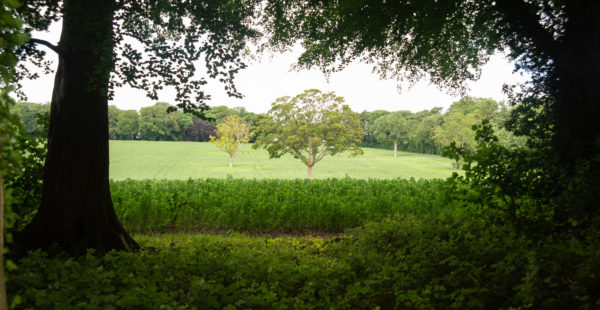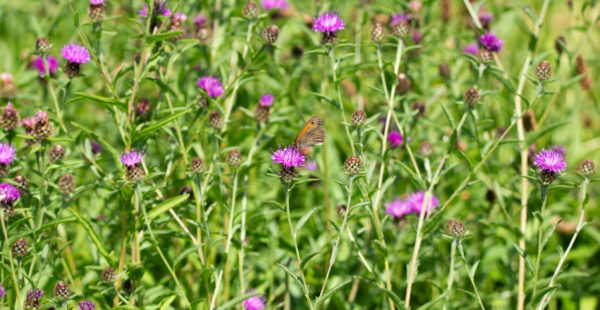Granny’s at Brinkhill – Chapter Seven
Granny was always a strong presence in my life even when I wasn’t staying with her. Early in the war, she sent me a sterling-silver identity disc bracelet with the name and number from my identity card inscribed on it. It was part of a silver bracelet with the chain doubled back on itself so that it could be extended as I grew. Everybody in the country had to register when the war started so that rationing could begin. I was only two years old at that time, but when I was a bit older I asked my mother about the number on the bracelet that I’d been taught to chant and can still remember. “It’s so that people would know who you were if you got lost or blown up by a bomb,” she said, always inclined towards a ‘tell it like it is’ way of speaking. I was slightly shocked but I don’t remember being scared.
Then there was the bitterly cold morning in January 1941 when I was to start school, aged four-and-a-half. My mother was helping me get dressed as close to the fire as we could safely get, and she produced a navy-blue gym slip sent by Granny and Auntie Edith to mark this very special day. I was so excited. There was also a little parcel of jelly bears – even more exciting! Each September after that, Granny would send a new gym slip for the new school year, bought from the Oxendales catalogue.
Birthdays usually brought a card and a ten shilling note to save until after the war when there might be something to spend it on. Christmas most often brought a book, if one could be found in those days of shortages of everything, including paper. One year it was ‘The Lovesome Book for Little Folk’, a big fat hardback with an illustrated cover – a circle of appealing faces of very young children. The book was a mixture of stories, poems and pictures with captions, and one day I realised that I could read it. “Binks was a little puppy,” I read, to my mother’s surprise. That was the beginning of my bookworm days. I still have the biblical ‘Story of Joseph’, another book with hard covers, inscribed ‘with love from Auntie Dolly and Auntie Flo, Xmas 1941’. It has clearly been read many times.
My eighth birthday came just one week after VE Day. Things changed for everybody over the next few years. Aunties Dolly and Marjorie were married in the church at Brinkhill, babies were born throughout the family, Grandad retired and the family moved to a smaller house. Granny became much frailer and my visits became day trips. One of these day visits sticks in my memory.
The war was over and it was thought unlikely that I would be hit by a stray bomb. I was thus deemed grown-up enough to go and see Granny by myself on a day when a bus actually went to Brinkhill village and returned later to pick up passengers. Off I went, looking forward to my day out. I got off the bus outside the post office which was run by the Misses Ella and Ruby Baumber. As a young child I had always enjoyed going with Auntie Edith to post letters. She was clearly friendly with Ella and Ruby and called them by these Christian names as they chatted over letters, stamps and so on. I was however told that if I was spoken to, I should call each one Miss Baumber. That sounded like a muddle in the making to me, but I don’t remember that the situation ever arose where I had to call anybody anything.


